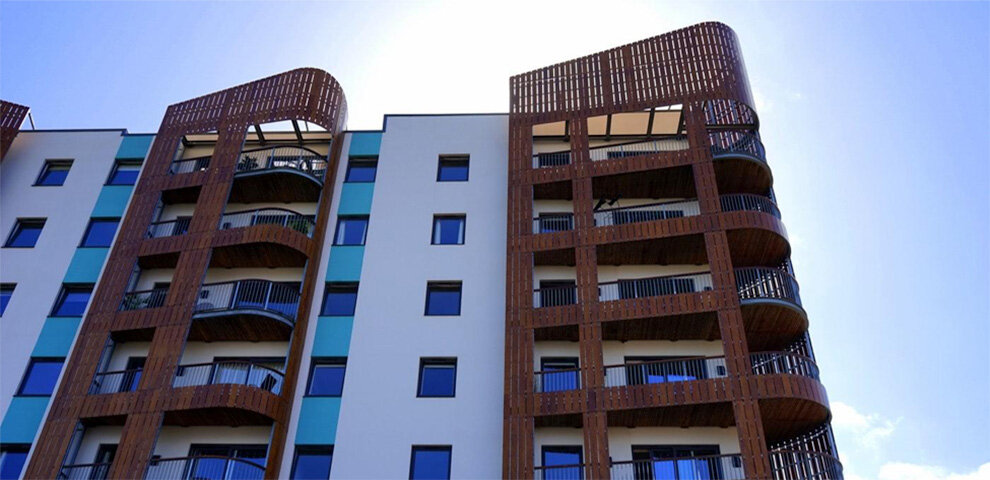Press Releases

Will Property Prices Ever Drop?
» Press Releases Edition | By Author | September 3, 2021 6:18 PM ET
What You Need to Know About the Current Housing Market
Since the start of the global pandemic, the housing market has been about as unpredictable as everything else. The demand was already higher than the housing supply prior to COVID-19. However, it only became more intense when more people started needing to upgrade their living situations.
Because more individuals were working remotely while needing to also provide a space for education and reprieve, families needed more physical square footage. Others were searching for a way out of the bigger cities because they wanted to remain cautious and safe.
No matter their reasoning, the prices of homes only continued to increase.
Construction and labor had to be put on hold due to social distancing and lock-down requirements. There were also significantly more households wanting to renovate their homes instead of buying altogether.
This had a significant impact on the cost of supplies and lumber as well, which only contributed to the rising prices. Despite the higher costs, homes were still being sold. According to Forbes, 50% of houses sold over the last year were well over the asking price.
With restrictions lifted over the last several months, the housing market seems to be finding its way back to a sense of normalcy as well. While the demand for housing is still high, more individuals have decided to slow down on their impulse decisions to buy a home so they could wait to see if the market would eventually cool down.
Unfortunately, the high housing costs aren't going anywhere anytime soon.
What Should New Home Buyers and Sellers Do?
According to the National Association of Realtors, the average cost of a home in the United States is currently around $350,300 which is up 23.6% since 2020. First-time homebuyers who were previously looking at luxury real estate are now finding it difficult to set themselves up with enough for a downpayment even on a home in the suburbs.
Those who are still in the market to buy may want to wait a few more months. Buyers will hopefully be in a better position but should also be open and more flexible. This means being flexible in terms of pricing, along with the actual geographic location of where they intend to live.
As of now, there are 43% fewer homes available on the market than there were last year. The midwest is seeing a substantial freeze, whereas larger states like Texas and California are slowly on the rise.
Those who are in the market to sell their homes are in a much better position than buyers. However, this doesn't mean listing your house for an astronomically overpriced figure. This is a deterrent for buyers who are struggling to find a bank that will provide a loan to meet their current needs as mortgage rates continue to rise. Not to mention, it could signal some red flags as to whether or not there is something wrong with the house in the first place.
Conclusion
Overall, the housing market may be leveling out a bit. However, high prices for homes aren't going to change right away, and neither will the low supply. Builders are still trying to play catch up with new home builds and older homes are just as competitive now as they have been.
Experts aren't foreshadowing a market crash by the end of 2021 or even in 2022. However, if all of a sudden the economy took another hit leaving too many homes on the market with no one able to purchase them, we'd have another story on our hands. All we can do now is wait and see.
The housing market, in general, has never been easily predictable. You're not alone in trying to navigate the market during these interesting times, but if you're looking to buy your dream home, you're going to have to get a bit more competitive in the coming months.





